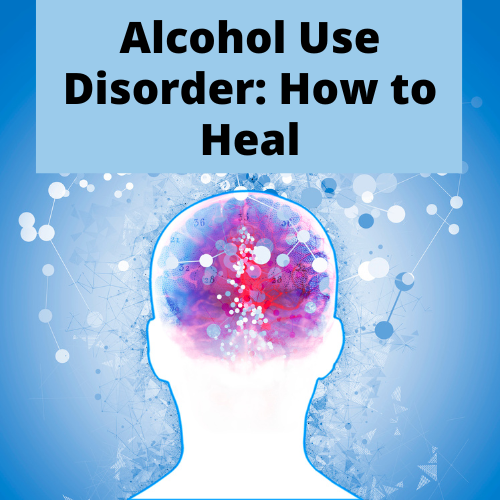
Alcohol Use Disorder: How to Heal
Alcohol Use Disorder: Everything You Need to Know to Heal
Alcohol use disorder is one of the most common substance use disorders. Drinking on occasion is not necessarily a sign of a problem, but habitual binge drinking can lead to mental and physical problems. Each case of alcohol use disorder is unique, but there are many roads to recovery for individuals who want help.
Symptoms of Alcohol Use Disorder
Recognizing the symptoms of alcoholism (alcohol use disorder) is important. Some of these warning signs are a higher consumption in order to cope with stress. Developing a tolerance for alcohol through the overuse of it also indicates a problem. This is because it can lead to severe withdrawal symptoms when the person stops using. It is important to talk to friends or family when you notice these signs in someone you are close to. Since alcohol use is so universally accepted, many people do not consider their usage a problem.
What Causes Alcoholism (Alcohol Use Disorder)?
Is It Genetic?
Genes may be an important factor in triggering the development of alcoholism, but it isn’t the only factor. Research suggests that the children of alcoholics are four times more likely to develop an alcohol use disorder. They haven’t been able to pinpoint exactly which genes increase a child’s risk, but have found that the effect is due partially to environmental factors.
Environmental Factors
Environmental factors include the acceptance of alcoholism in the media, the advertising and marketing of alcohol, social influences and the availability of it.
Media Acceptance: Movies and TV shows regularly show people drinking and enjoying alcohol. This social acceptance of drinking makes the act seem desirable and often has an influence on young people.
Marketing & Advertising: Advertisers aim to make alcohol seem fun and a way to destress.
Social Influences: Most young drinkers begin to drink alcohol because their friends are. By starting young, drinking alcohol becomes an acceptable habit and can easily lead to alcohol use disorder.
Availability: Alcohol is easy to access. This easy accessibility makes it more challenging for those that want to quit. This is why it is most effective for those that want to begin a road to recovery to seek professional treatment.
Treatment Options
Lifeline Connections is committed to long-term wellness for our patients. For example, we offer an integrated, holistic approach that includes substance use disorder treatment, therapy and case management. Our doctors specialize in the treatment of co-occurring mental health and substance use disorders, working to solve ones that have a compounding effect. Contact us and reclaim your life.
Contact a doctor for a referral or find a therapist. They can work to design a custom plan for wellness. Secure treatment is over the phone or computer with telehealth, providing coping skills for grief, loss, depression and anxiety. They will work with you one-on-one to get you feeling better.
